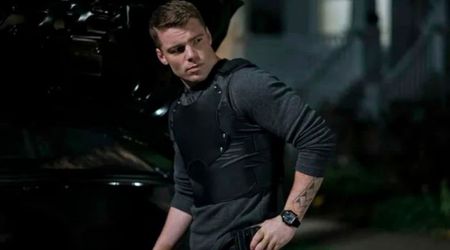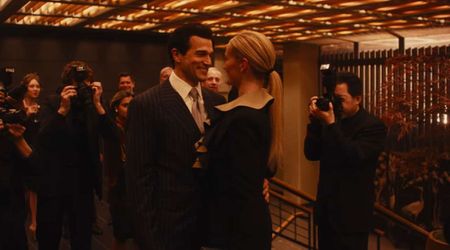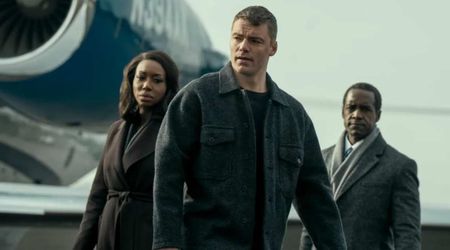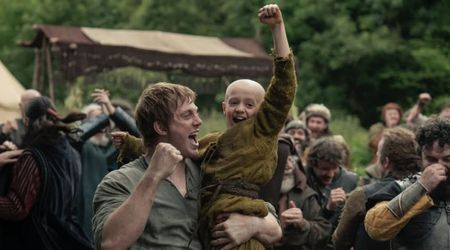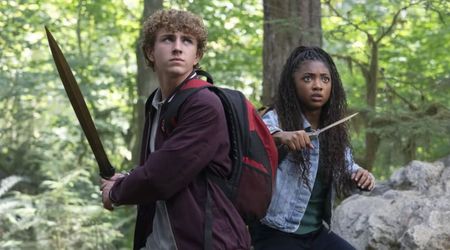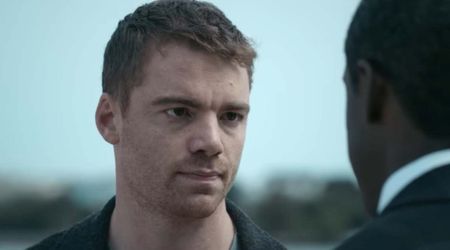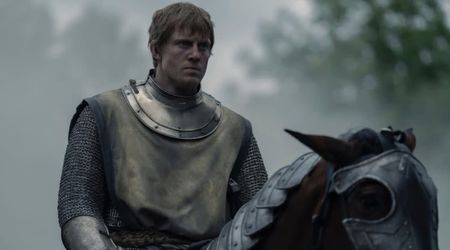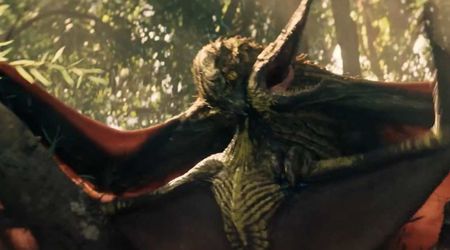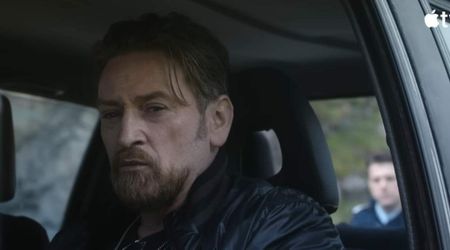'The Legend of Korra' Review: Set in 'The Last Airbender' premise, show moves in ambitious new directions

Spoilers for 'The Legend of Korra'
It's impossible not to compare 'The Legend of Korra' to 'Avatar: The Last Airbender'. It's set in the same universe, following 70 years after 'The Last Airbender' finished, and containing many familiar faces from the original series - or at least ones with strong personal connections to the characters of the show. 'The Legend of Korra' revolves around the same central premise - that of a show following the adventures of the Avatar, the one person in the world who can master the mystical "bending" of all four elements, who is meant to bring balance to the world. The comparisons are inevitable - and they are, at the same time, completely irrelevant, as 'The Legend of Korra' is its own show that attempts to tell an ambitious new kind of story with the same basic premise.
Where Aang (Zach Tyler Eisen) had a prominent antagonist to have to deal with in the form of the Fire Nation, the hotheaded Korra (Janet Varney) doesn't have things quite as clear cut. Though she followed the path of a warrior in her years growing up, her move to Republic City shows that the world has moved on from archaic battles, and requires an all-new kind of Avatar to bring balance to the world.
Originally conceived as a mini-series, the first season of the show has some very tight storytelling, with very little in the way of filler episodes. Korra goes up against Amon (Steve Blum), a man fighting for equality between benders and non-benders - a noble goal on the surface, but one that quickly turns violent as Amon forcibly attempts to overthrow the element-bending ruling class and take away the bending powers of anyone who has them. Though Korra is ready for a fight, she finds that tackling the problem head-on with as much bravery as she can muster is not always the best solution, and sometimes makes things even worse - and this is a lesson she continues to learn, all throughout the series.
Along the way, she makes close acquaintances with a new Team Avatar, consisting of the lighthearted Bolin (PJ Byrne), the debonair, brooding Mako (David Faustino) and the beautiful, intelligent and resourceful Asami Sato (Seychelle Suzanne Gabriel). Korra is also instructed by Tenzin (JK Simmons), the son of Avatar Aang and the last remaining airbending master in the world.
The show tackles some mature subjects, such as fear, vulnerability, spirituality and harmony. It was clearly written for an audience that got to know the 'Avatar' franchise as children but were now older enough to get something more from the series. The political aspects of the storytelling were hinted at, in simplified ways, in 'The Last Airbender' but on 'The Legend of Korra' the show's makers are allowed to explore the same themes with a lot more depth - always with a focus on Korra's journey.
Korra is an instantly likable, headstrong woman with a stubborn will and more bravery than reason - although that changes. Over the course of four seasons, you can track her rising maturity and the wisdom that the populous expects of the Avatar. The show also dives deeper into the lore of the universe, revealing the origin of the very first Avatar, and impressive worldbuilding has always been an integral part of both 'The Legend of Korra' and its predecessor.
Storytelling isn't the only star of the show, however, as with new animation tools and a better understanding of how best to portray bending, the action in 'The Legend of Korra' takes an already fascinating form of fantasy combat and takes it to the next level. Pro-bending tournaments, metal-bending, lava-bending - even more conventional battles involving the base four elements are displayed in inventive and dynamic new ways. Every fight is a thrill and a visual masterpiece to watch.
The music is another one of the show's highlights - the impact of the Asian-inspired music plays gently in the quieter moments, stirring deeper feelings, but still holds a pulse-quickening beat in the series' action scenes. The music of the show is unique to other series and perhaps goes the longest way in leaving an impression long after you've finished the show.
The plot moves at a much faster clip. The macro story that's being told is ambitious, which means that smaller character moments get lost in the rush. While each character is well written and excellently performed, there are only a handful of episodes that really get to focus on building a connection between those characters and their audience. It's the show's only real flaw, especially as those handful of episodes are some of the series' best.
'The Legend of Korra' is a worthy successor to 'Avatar: The Last Airbender' but those hoping to get the same experience from both series are going to be disappointed. It is, perhaps, much stronger on a rewatch, so while its Netflix release may be pulling a lot of new viewers in, it is also likely about to gain a lot more appreciation from a generation of fans who are able to look at the series in a new light.
All episodes of 'The Legend of Korra' are now available to review on Netflix.

